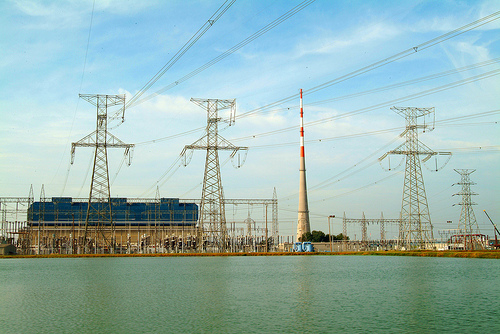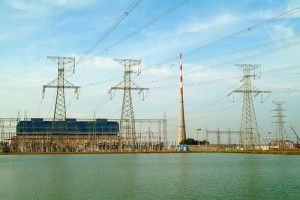
Climate Change Threatens Electricity Output
Global average temperatures are expected to rise by 1° Celsius by the 2020’s. While seemingly a small increase, such alterations to the climate could seriously alter electricity generation. By 2030, the effects of climate change – rising temperatures, changes in water availability, rising sea levels, and an increased occurrence and severity of storms – will pose grave risks to the critical energy infrastructure that powers the global economy and upon which modern life depends.
Many regions around the world source their water from rivers fed from glaciers and snowpacks. Rising temperatures will cause these glaciers to melt at a faster pace over the next few decades, reducing the water stock available for electricity generation from hydropower. For example, several nations in the Andes – Peru, Ecuador, Bolivia – generate about ¾ of their electricity from hydropower, which will be severely curtailed if glaciers retreat.
Thermal generation (coal, gas, nuclear) is also dependent on water for a variety of processes, including mining, processing, transportation, and cooling. For this reason, many power plants are located on riverbanks and coastal areas.
As the New York Times Green Blog noted this week, a recent study found that increased temperatures of river water from hotter weather would make it more difficult for power plants to maintain output.
Moreover, periodic droughts can also reduce the availability of water for cooling power plants that are based on rivers. For example, in 2003 Europe experienced an unusually intense heat-wave, significantly reducing water levels. The shortage of water for coolant in nuclear reactors forced the shutdown of over 30 nuclear reactors across Europe in order to avoid overheating.
Additionally, in 2009, another heat wave in Europe forced France, which sources 75% of its electricity from nuclear power, to close 20 GW of its total 63 GW of nuclear power generation in order to prevent overheating in the nuclear reactors. The shortage of water forced France to import electricity from the UK.
This represents another layer of climate change that is often overlooked. Our energy security is dependent on reliable electricity generation. But, variation in water temperature and availability due to climate change may pose substantial threats to the electric grid.






